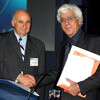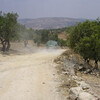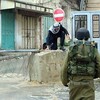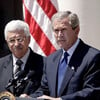
Academic boycott will lead to Israeli self-examination
25 May 2005
Moving away, but only for a moment, from the issue of Nakba-denial in the academy, there are arguably very good reasons for a general boycott of Israel, in such areas as trade, sports and so on. Here, parallels with South Africa are not out of place. Such a boycott is separate from one directed against Nakba-denial in the Israeli academy. When academics are included in a general boycott, it is as a result of their belonging to a population which is boycotted because its various activities nourish a criminal state. Read more about Academic boycott will lead to Israeli self-examination








